You know the year is starting to come to an end when a new production of A Christmas Carol is announced and you know we’re in the domain of international casting when Owen Teale from Game of Thrones is doing the bah-humbugging. A year ago we had David Wenham in the role but this year we get the man forever associated with assassinating Kit Harrington in this Old Vic production from a script by Jack Thorne who co-wrote the script of Harry Potter and the Cursed Child. A Christmas Carol is a more extraordinary work than we sometimes remember because it seems to come from a great well of darkness: Jacob Marley’s ghost and all the blessedness and Chistmas cheer, all that ‘God bless you everyone’ is something Scrooge has to work for. It’s astonishing in its way that Dickens succeeds in creating a popular and secularised version of Christmas which is wholly in tune with the good side of Victorian England while being a world away from the actual Bible story which in some respects we take our bearing from as a civilisation. ‘Glory be to God on high and peace to those of good will’: the child in the manger, the three kings and that extraordinary magnificat, one of the most Hebraic things in the New Testament –– ‘For he that is might hath done great things to me’.A Christmas Carol doesn’t have that shiver of sublimity though it does have the quality of absolutely original fable that you get in Gogol’s stories like ‘The Overcoat’ and ‘The Nose’ and which have their own kind of echo in the stories of Kafka such as ‘The Metamorphosis’. A Christmas Carol is directed by Matthew Warchus, the man who cast Sarah Snook as that uncanny girl in Ibsen’s The Master Builder opposite Ralph Fiennes.
Fiennes came to mind recently because of Jack Thorne’s new play The Motive and the Cue about the production of Hamlet on Broadway in 1964 which had Richard Burton in the title role and was directed by Sir John Gielgud. This production by Sam Mendes has Johnny Flynn as Burton and Mark Gatiss as Sir John. Burton was at the time the biggest star in the world, married to Elizabeth Taylor, with whom he filmed Who’s Afraid of Virginia Woolf for Mike Nichols and The Taming of the Shrew for Zeffirelli. His Hamlet is glintingly eloquent and rhetorically extraordinary and is best experienced in the studio spoken word recording done by Goddard Lieberson (available on YouTube).
Johnny Flynn who plays Burton was seen by Perth audiences in Ed Hall’s all-male company Propeller Shakespeare and as the young Einstein in the biodrama a few years ago where the older master of relativity was played by Geoffrey Rush. Flynn was marvellous in Martin McDonagh’s Hangmen which we saw here as a National Theatre Live production. Gattis, though, seems like an odd choice as Gielgud. You wonder why we’re not getting Ralph Fiennes if you want an aristocratic lord of the theatre.
It’s in some way amazing the music you can hear around the traps. The Affinity Quartet gave a performance in Melbourne last Friday of works by Haydn and Beethoven at Tempo Rubato which thrilled its audience which included that most eminent of independent booksellers Mark Rubbo and the woman who re-invented (well, in so many ways created) modern Australian publishing, Hilary McPhee.
Sometimes of course there is a crossover. Opera Australia have announced they are doing an opera by Jonathan Mills based on Murray Bail’s Eucalyptus. Once upon a time there were plans to film it with Nicole Kidman, Russell Crowe and Geoffrey Rush which did not eventuate and it’s easy to imagine Murray Bail might not have been displeased. But Eucalyptus is a remarkable book which uses the casket myth and suceeds in being a masterpiece and even though its artifice involves the constant deployment of every kind of potential weakness in Bail’s armoury the upshot is a triumph of design. It will certainly be fascinating to see what musical equivalent to Bail’s mesmerising and more prose Mills finds.
Zahra Newman as Billie Holiday in Lady Day at Emerson’s Bar & Grill for the Melbourne Theatre Company has received a rapturous reception. Eric Hobsbawm (the great historian and jazz-lover) said Billie Holiday’s life made you hate the world for what it had done to her – the abuse, the addiction (to heroin, to liquor), gaol, you name it. Is Zahra Newman too ‘big’ a performer for Billie Holiday? Well, who can dispute the wry disconsolations, the way she dramatises a performance in which abuse is itself defended and the devastating critique involved in the layered ironies of ‘God Bless the Child’ or that hair-raising evocation of lynching black men in ‘Strange Fruit’. Billie Holiday embodied the wan and ghastly horrors that a black woman of genius could endure (and had to because the desolations seem intrinsic to the genius). It makes her a tragic figure and Zahra Newman rises to the challenge like a destiny.
Stephanie Lake’s Manifesto could scarcely be more different. Nine dancers, nine drummers, but it is a spectacular collision, full of energy and wild exhilarated irony. It makes perfect sense that the head of the Australian Ballet David Hallberg, that classicist in a modernist cloak, should have commisioned a long concert piece from the Stephanie Lake Company. They represent such a co-ordination of raw and wild energy.
Then we had Songs from a Strange Land at Trinity College Chapel which included the work of William Byrd, Catholic in expression and temperament despite the via media of Elizabeth I’s reign under which he worked. He was born before Shakespeare in 1543 and outlived him, dying in 1623. The guest director Christopher Watch articulated Byrd’s Tribue Domine and also suggested how inward the Elizabethans were with the Catholicism they in theory disapproved of.
A marvellous theatre book for the Christmas market is Judi Dench’s Shakespeare: The Man Who Pays The Rent. She is nearly blind but she remembers all of the work she did on stage as well as the music and meaning of the whole shebang. She talks among a thousand other things of the sheer excitement of watching Richard Burton act with his rival and contemporary John Neville. How the girls sighed, how the girls screamed. It’s still weird to think now that Ian Fleming wanted Burton as Bond.
Got something to add? Join the discussion and comment below.
Get 10 issues for just $10
Subscribe to The Spectator Australia today for the next 10 magazine issues, plus full online access, for just $10.
You might disagree with half of it, but you’ll enjoy reading all of it. Try your first month for free, then just $2 a week for the remainder of your first year.

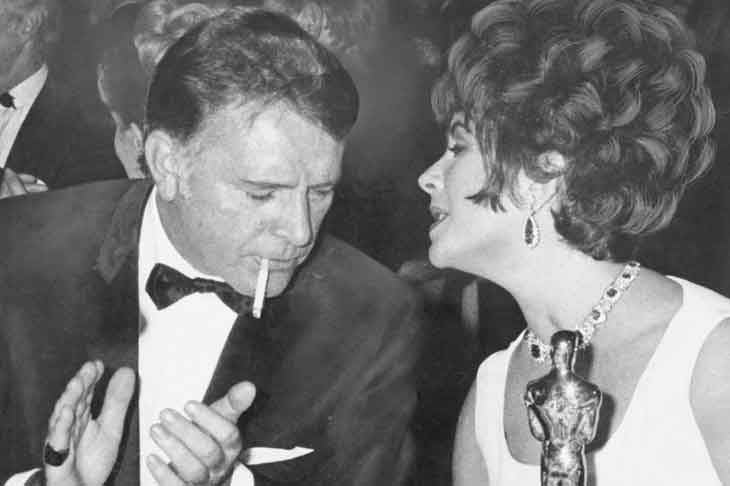
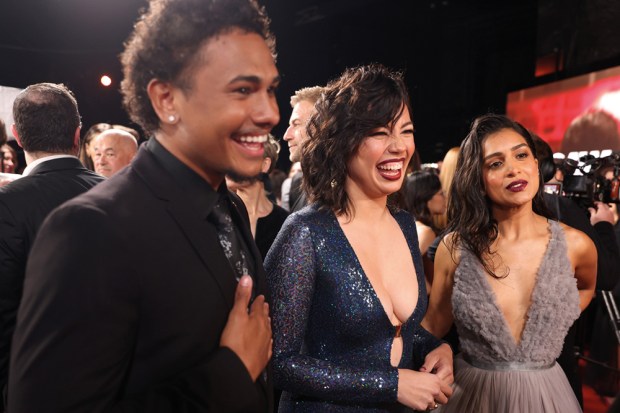
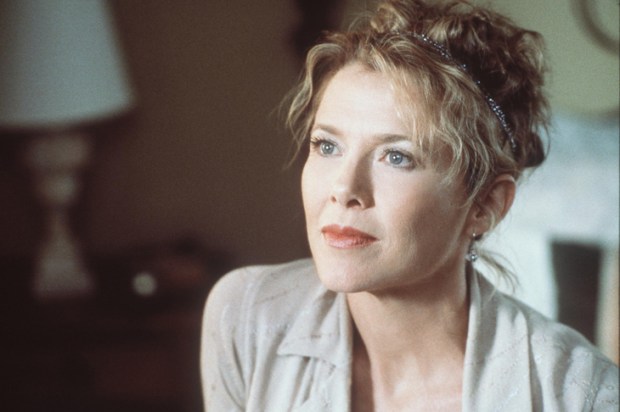
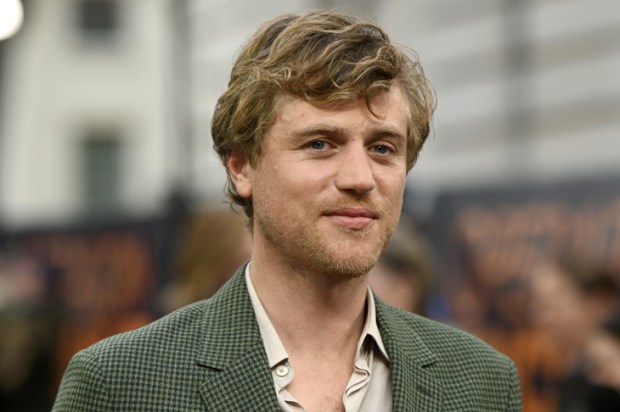
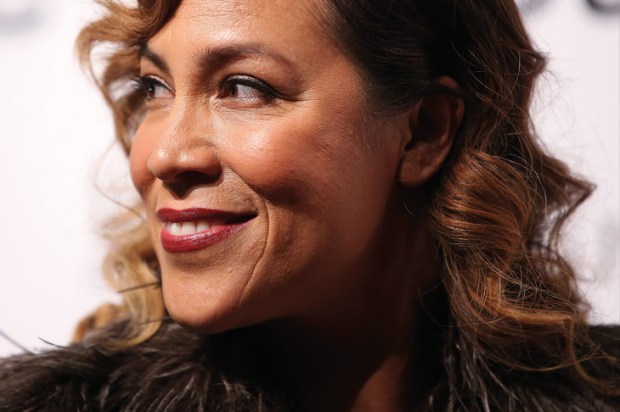
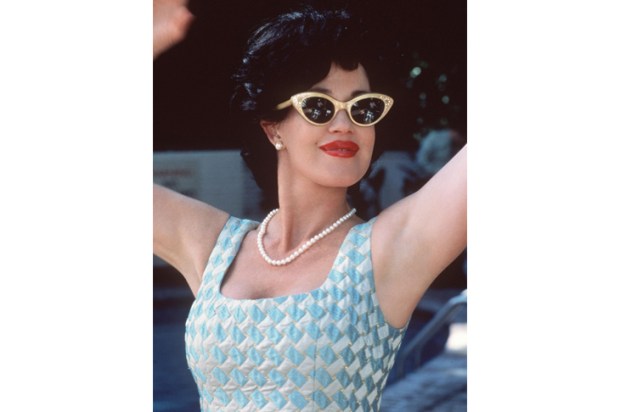
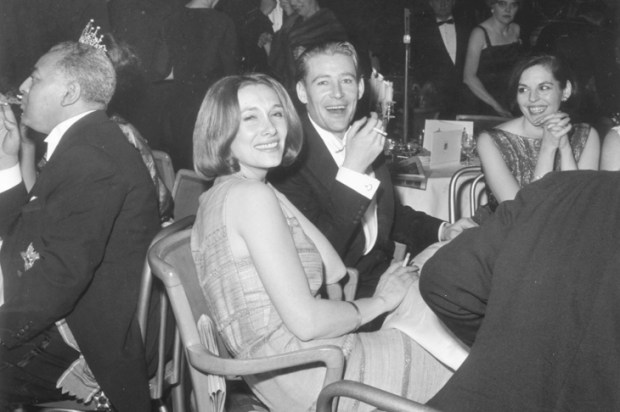






Comments
Don't miss out
Join the conversation with other Spectator Australia readers. Subscribe to leave a comment.
SUBSCRIBEAlready a subscriber? Log in